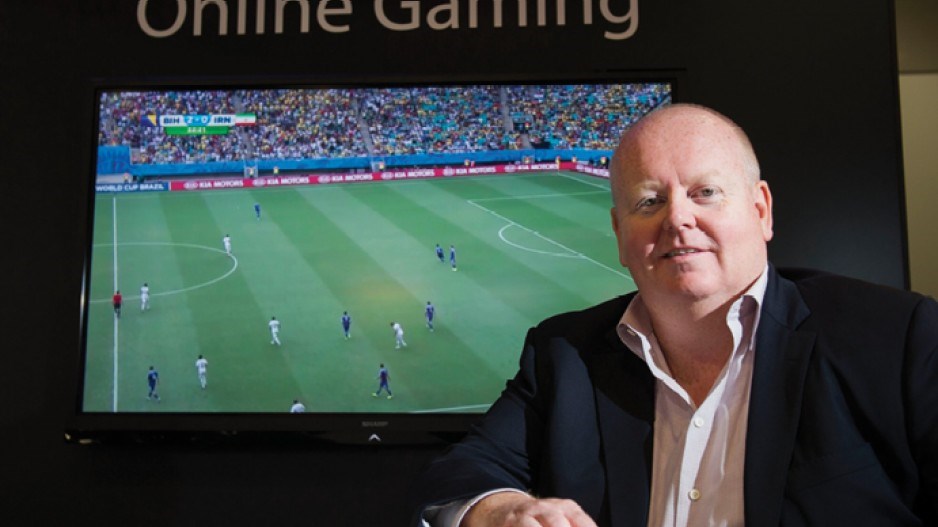In the absence of a stand-alone law to combat match-fixing in Canada, the bill to legalize single-event sports betting could be a step in the right direction, says the vice-president of the Canadian Gaming Association (CGA).
Paul Burns told the Canadian Gaming Summit in Vancouver on June 24 that North American sports leagues should be taking the threat of a match-fixing scandal seriously, rather than resisting the Criminal Code amendment.
Bill C-290 is the NDP private member's bill introduced in 2011 and supported by the Conservative government. Burns said it could be passed this fall, despite opposition from the National Hockey League (NHL), Major League Baseball and the National College Athletic Association.
“It's an honest discussion they haven't been willing to have about the sport and the threat [of match-fixing],” Burns said. “They're all also trying to figure out how they can make money on this. Their opposition has really been based on the fact that there's no clear line for them to make money without being seen to be participating in the bet.”
In April 2010, when he was the minister responsible for BC Lottery Corp., Rich Coleman wrote to federal Justice Minister Rob Nicholson to support an amendment. He cited the flow of revenue to unauthorized websites that offer bets on single events, but, because provincial legal gambling monopolies allowed to offer single-event wagering could track irregular betting patterns, he added that regulators could better protect the integrity of sports with single-bet legalization.
“This would provide a much more effective way to detect and prevent attempts to ‘fix' sporting events,” Coleman wrote.
The CGA estimates Canadians bet $450 million on parlays via provincial lottery corporations but wager a whopping $14 billion a year on single-event bets through grey-market websites.
Ipsos research estimated 48% of Canadian gamblers place bets with grey-market companies such as Sports Interaction (18%) and Bodog (15%) versus 23% with a legal provincial monopoly. Average per-game bets for UEFA Champions League soccer ($105) were three times that of the NHL ($32) and National Football League ($36).
“If I want to bet and bet some big dollars, I don't want to play a parlay bet,” said Ipsos associate vice-president Jason Allsopp, referring to the existing two-event legal minimum.
Males aged 18 to 34 are the most active sports gamblers. Research by McGill University Prof. Jeffrey Derevensky warns that sports-loving teenage boys are susceptible to developing gambling addictions.
Toronto lawyer Danielle Bush of Miller Thomson said the legal provincial monopolies should be lobbying for anti-match-fixing laws. She said existing bribery, corruption, fraud and cheating-at-play laws are unlikely to withstand a test.
“Walk of shame, as far as I'm concerned,” Bush said. “I assumed that there was something in the Criminal Code that could be applied to the situation, and I started going through it. I could not find, for the life of me, anything that actually would stick.”
Europol said last year that it suspected 680 soccer matches were fixed around the world. A German court case heard that $18,000 in bribes were paid to players to fix a 2009 semi-pro Canadian Soccer League game, but no charges were laid in Canada.
Ottawa journalist Declan Hill has exposed FIFA's lax policing of match-fixing, despite its collaboration with mainstream companies to monitor betting patterns and an ad campaign running during the Brazil 2014 World Cup.
The United Kingdom in 2005 and the Australian state of Victoria in 2013 enacted anti-match-fixing legislation. Bush said that Canada's bribery legislation deals mainly with attempts to illegally influence judicial and government officers; it would be too hard to prove spectators and legal gamblers were defrauded by a fixed match, and cheating at play may not cast a wide enough net.
“It might hit the players,” she said. “It's not going to get the refs or the people who are at the top of the pyramid.”




